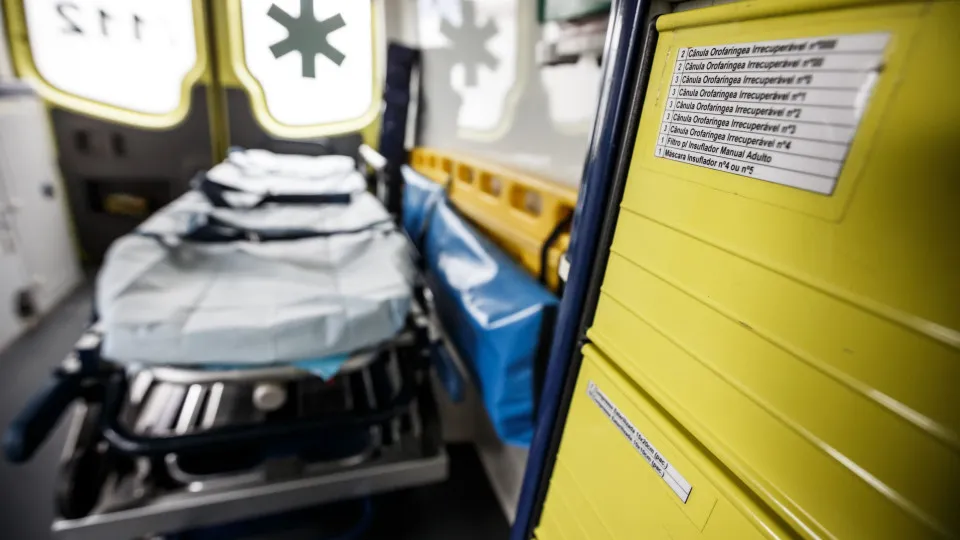
The European Commission has estimated that this agreement will boost European exports by over 40%, with agricultural exports seeing an increase of up to 50%.
The European Commission does not have specific data for Portugal or other member states.
The trade agreement between the European Union and Mercosur countries (Argentina, Brazil, Paraguay, Uruguay, and Bolivia) was signed in December 2024 after 25 years of negotiation but still requires final validation.
This agreement proposes a “progressive elimination” of customs barriers.
According to an official from Brussels speaking to Portuguese journalists, the full liberalization of tariffs includes a 10-year transition period.
However, some “more sensitive” products will have an extended transition period of up to 15 years.
The agreement will cover 90% of traded products, with some measures like a “tariff ceiling” being introduced for the rest.
EU exports to Mercosur will primarily include sectors such as mechanical engineering, automotive parts, chemicals, as well as pharmaceuticals, plastics, and rubber products.
Agricultural products like olive oil and wine, in which Portugal is a leading EU producer, will also benefit from this agreement.
On the import side, there will be minerals, fuels, wood, vegetable protein, coffee, or iron.
The agreement goes beyond lifting tariffs, stipulating that import or export monopolies are not permitted.
France, Italy, and Poland have expressed reservations, particularly regarding the impact on the agricultural sector.
At the signing of the agreement, European Commission President Ursula von der Leyen stated, as quoted in a press release, that the concerns of European farmers were taken into consideration, including “strong safeguards to protect their livelihoods.”
Regarding protection, more than 350 EU products will be protected with a geographical indication, she emphasized.
In terms of food safety, European sanitary and food standards will continue to apply, meaning Mercosur exporters will need to comply with EU standards to access this market.
“This is the reality of an agreement that will allow EU companies to save 4 billion euros annually in export duties,” von der Leyen noted at the time.




